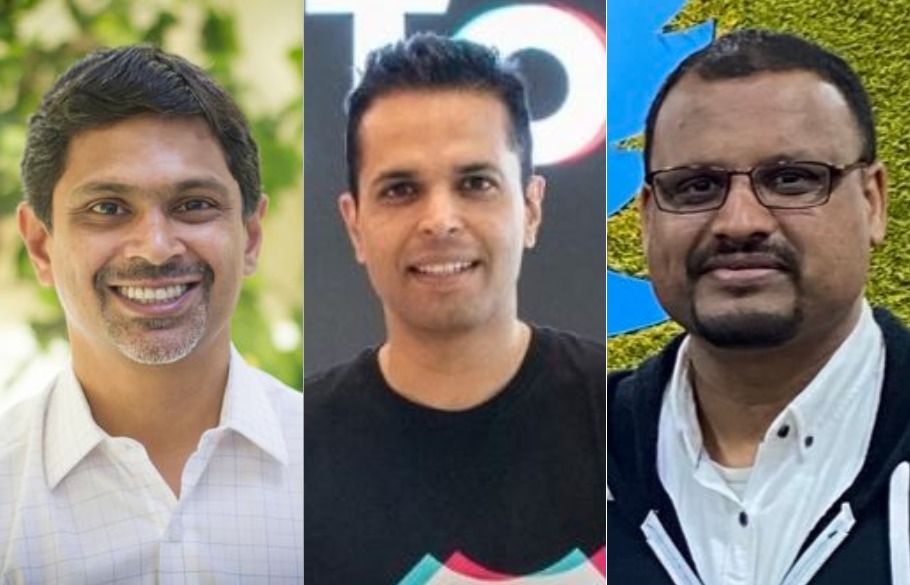
Police action against social media firms: A case of shooting the messenger?
The criminal cases filed recently by the Hyderabad police against the heads of Indian operations of social media giants — Twitter, WhatsApp, and TikTok — have raised questions over the culpability of the management of social media organisations in cases of misuse of their platforms.

Are the heads of social media platforms liable for punishment for the content posted by users on their sites?
The criminal cases filed recently by the Hyderabad police against the heads of Indian operations of social media giants — Twitter, WhatsApp, and TikTok — have raised questions over the culpability of the management of social media organisations in cases of misuse of their platforms.
Following a local court’s directive, the cybercrime police have registered cases against the online firms for hosting posts and videos affecting the “national integrity and communal harmony” in the context of the ongoing protests against the contentious Citizenship (Amendment) Act (CAA).
Related news: Govt working on law to hold social media platforms accountable
The FIR, dated February 18, was registered following a direction from the 14th Additional Chief Metropolitan Magistrate Court in the city which acted on a petition filed by a Hyderabad-based journalist-turned-social activist, Silveri Srisailam.
Srisailam’s petition alleged that some anti-national elements were making use of TikTok and WhatsApp to spread anti-India campaigns among the people in the context of CAA and the National Register of Citizens (NRC).
The cases were registered under various sections of the Indian Penal Code, apart from the Information Technology Act 2000.
“Notices would be served on the managements of these social media platforms in a couple of days,” an official of the Cybercrime wing of Hyderabad Central Crime Station said.
Shooting the messenger
However, the internet activists have questioned the rationale behind filing police cases against social media outlets, saying it violated the provisions of the IT act.
“This amounts to shooting the messenger,” says Nikhil Pahwa, a digital rights activist and founder of Medianama, a digital news and analysis portal.
Under Section 79 of the IT Act, the social media owners are not culpable for the posts published by the users. “However, this is not to say that they need not do due diligence. The terms and conditions are clear on the issue of posting illegal content and they need to follow due diligence,” Nikhil told The Federal.
Related news: When social media runs riot, and paves the mob way
In case of illegal content being posted on the social media sites, either the governments or courts should first send notices to these platform owners to take down the content. They will become liable for action only if they refuse to remove the objectionable content.
“They cannot be held liable without first sending the notices under the provisions of the act,” he contended.
The experts argue that the sheer volume of content, lack of human resources, and inadequacies of current algorithms make it impossible to hold social media firms accountable for the content shared on their platforms.
With the rapid penetration of social media, a post can be sent to millions with just click of a mouse. It is also a double-edged weapon because the platform can be used as a tool for spreading misinformation.
Cases against social media giants
The complainant, Silveri Srisailam, who claims to be a journalist running a YouTube channel called NOTA TV, has named Abhijit Bose, India Head of WhatsApp Inc, Manish Maheshwari, Managing Director, Twitter Communications India Private Limited, and Nikhil Gandhi, India Head of TikTok, as the respondents.
“Some vested interests from Pakistan are posting messages and videos against CAA and NRC and in turn, they are being made viral in India,” the petitioner alleged.
In support of his charges, Srisailam submitted details of some WhatsApp group messages, TikTok videos and Twitter postings along with the mobile numbers used to circulate the objectionable content in many languages including English, Urdu, Arabic, Tamil, Telugu, and Hindi.
Related news: Now complain against hate messages on Delhi govt’s WhatsApp number
He identified six common mobile numbers acting as group administrators for several groups spreading hate messages.
“The messages uploaded on the social media by the accused are invariably false containing defamatory and insinuatory allegations against the nation, religion, and political leaders, besides literature to promote disaffection towards the government and create communal disturbances,” the petitioner said.
He also alleged that the social media firms were intentionally circulating objectionable content over their platforms, causing “damage to communal harmony”.
Srisailam went on to accuse the social media firms of encouraging “waging war against India through propaganda to create disharmony, feelings of enmity, hatred and ill-will among Indian citizens”.
Twitter has nearly 35 million active users in India while WhatsApp has 400 million users and TikTok has crossed 200 million users.

